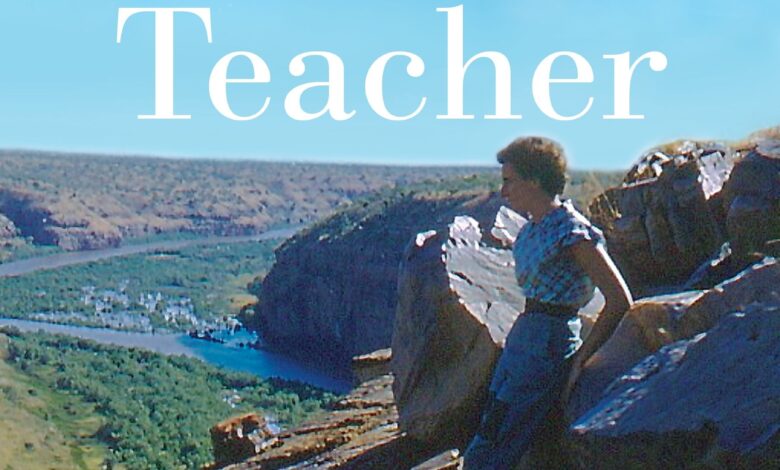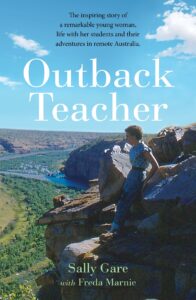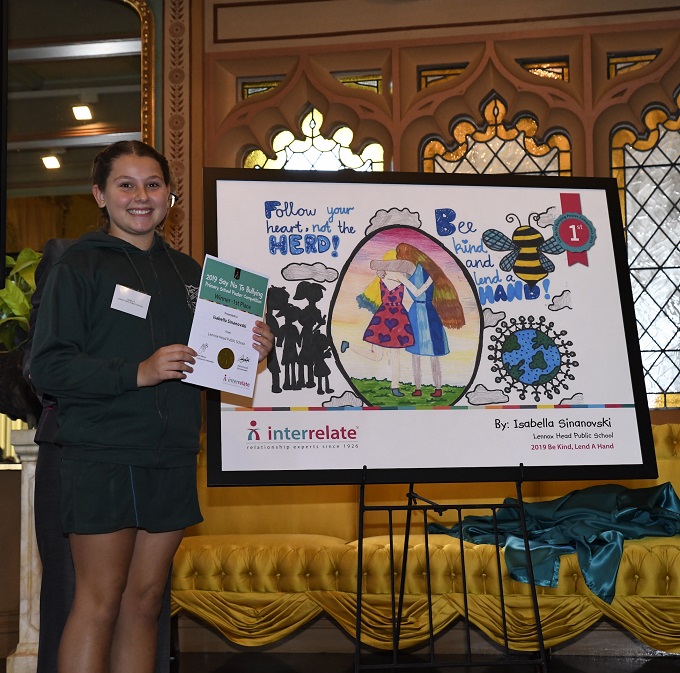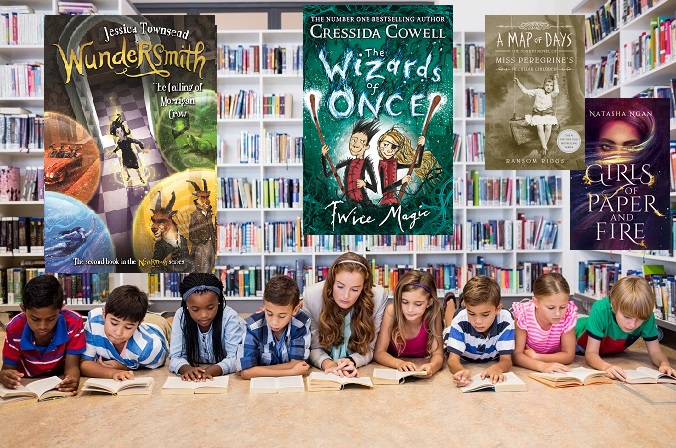Outback Teacher: Book Review
A memoir by Sally Gare is an extraordinary glimpse into teaching in a different time and place with a colourful account of her life and adventures in remote Australia.

Now in her 80s, Sally Gare has been a teacher and educator since 1956, when as a new graduate, she accepted a position at a two-teacher school on a remote mission in the far north of Western Australia. Her memoir, Outback Teacher, published earlier this term by Allen & Unwin, is a highly personal and, at times, confronting look at teaching in a different time and place.
Outback Teacher is written by Sally Gare with Freda Nicholls, who was one of Sally’s former students and is now a journalist and author.
In the first half of the 20th century, when students finished their teaching degree at the Claremont Training College in Perth, it was with the understanding they would spend two years working in a remote or rural school. Sally was in her early twenties when she took the position at the Forrest River Mission school, about 100 km outside of Wyndham, itself 3,200 km north of Perth and accessible only by boat.
A few years later, she moved to the Port Hedland staging school, a temporary facility where Indigenous young people were brought and taught English before being integrated into the local school.
Her story takes place within the context of the Stolen Generations, where Aboriginal and Torres Strait Islander children were traumatically removed from their families by federal and state government agencies and church missions, though Sally writes that she only learned about these violent policies much later. Her book is therefore written from Sally’s perspective as a naïve, young white teacher during this time who was navigating systemic educational inequalities and complex community issues.
Learning to be a teacher in 1950s Australia, for Sally, meant learning to impart knowledge without a single book and she takes readers along with her. By taking the role of the educator back to basics, the ability to ‘make do’ with limited resources is an important one and a skill Sally developed in droves. She describes teaching young children, for whom English was a second language, how to read and spell and count with few resources donated by friends in Perth and supplemented by the bounty of the West Australian bush is nothing short of inspiring.
This is an accessible book that modern teachers will find fascinating for its historical insight and glossy outlook on teaching pedagogy. It mostly reads like a conversation with a wise, elderly aunt—with trains of thought, lists of complaints and a series of often unrelated anecdotes—it is a warm and generous account of a time and place that few of us will ever experience.
It is also enlightening to look back on events about which we now have the benefit of knowledge, such as the asbestos tailings in Wittenoom and the horror of the Stolen Generations, through the eyes of a well-meaning but somewhat ignorant twenty-something. We can see that world with the same wide-eyed impression that Sally would have experienced over sixty years ago.
Some of the chapters are a little convoluted, following disputes between families, community leaders, different mobs, and various government agencies, but again it demonstrates what it must
have been like for a young teacher at the time, caught up between worlds, sometimes teaching people not much younger than she was.
The book comes alive with Sally’s down-to-earth and respectful approach to her students, such as her theory that if you give the most disruptive or ‘naughtiest’ child responsibility, they will always rise to the challenge.
Sally’s love of teaching is evident on every page, and even though she was forced to resign upon marrying as per government legislation of the time, she continued in education for many decades after.
Outback Teacher shows how creative and resourceful teachers can be in the face of challenges and when motivated by nothing more than a genuine passion for teaching and helping others. It reminds us how inspiring individual teachers can be and how they can quite literally change students’ lives.








